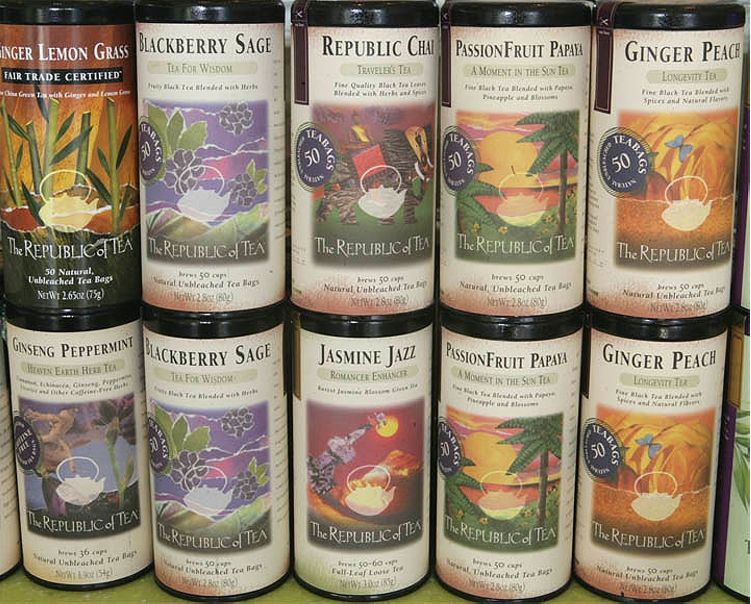

If you use too much though, it can impart a slightly artificial taste. Lemon extract, on the other hand, can disappear during baking if you use too little.
#BEYOND JUICE PROFESSIONAL#
6) For when you want a bakery-quality lemon flavor that lasts, use lemon emulsion.Įmulsions are often used in professional bakery settings because they deliver long-lasting flavor even when baked. For lemon glaze, use 1 to 2 teaspoons per cup of confections' sugar. To add extra lemon flavor to baked goods, use 1 tablespoon lemon juice powder for each cup of flour.

Other recipes that put lemon juice powder to use include our Lemon-Almond Biscotti, Raspberry Lemon Cake, and Lemon-Coconut Cookies (above).īaker’s tip: To substitute lemon juice powder for 2 tablespoons fresh lemon juice, briskly stir 1 teaspoon powder into 2 tablespoons water. You can add zest to recipes that don’t call for it without making the flavor overly lemony it’ll simply make your baked goods taste fresh and bright.īaker’s tip: If you end up with extra citrus zest, store it in a zip-top bag in the freezer until needed it’ll keep for several months. The filling is predominantly flavored with raspberries, but the zest of two medium lemons is added to make the flavors pop. Zest can also be used to help balance the flavor of baked goods that aren’t strictly lemon-flavored, like our Filled Wool Roll, a beautiful bread filled with sweetened cream cheese. Use your fingertips to massage the zest into the sugar, and then add as directed. If your recipe doesn’t call for creaming butter and sugar but you want to extract as much flavor as possible, infuse your sugar with lemon zest before adding it to your recipe. Often zest will be incorporated during the creaming process, like with our Double Lemon Thumbprint Cookies, which helps release maximum flavor. Photography by Rick Holbrook Food Styling by Kaitlin Wayne


 0 kommentar(er)
0 kommentar(er)
